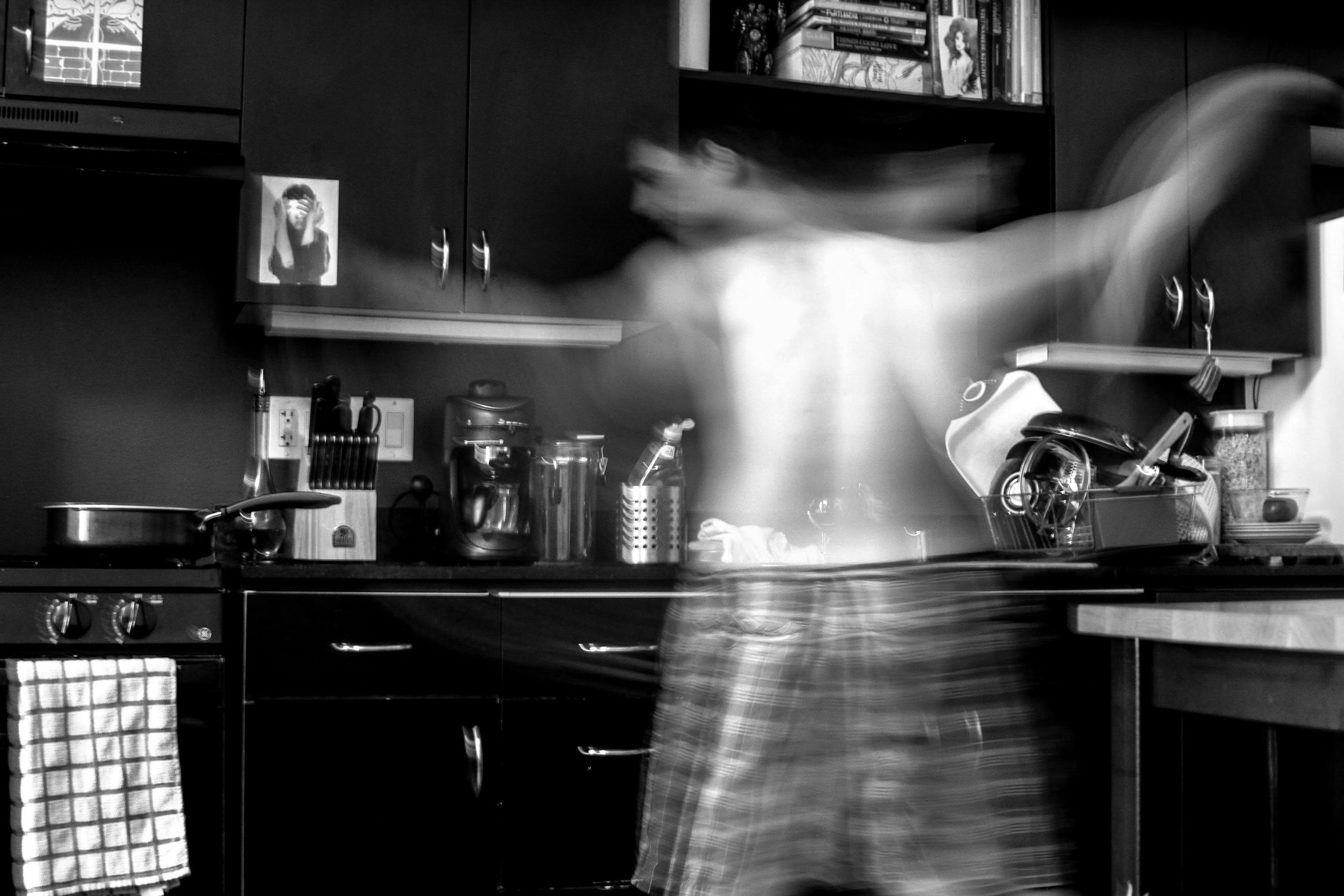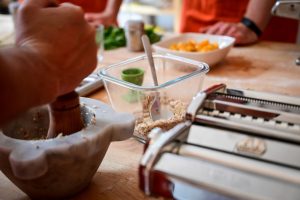Cooking Show Influence: How Television Shapes Our Kitchen Behavior
The smell of sizzling bacon wafts through the air, the sound of knives rapidly chopping vegetables fills the room, and the sight of vibrant colors dancing around a pot on the stove captures our attention – cooking shows have become a staple in many households across the world. From celebrity chefs to home cooks, these televised programs have taught us how to dice, sauté, and bake with precision and skill. But have you ever stopped to wonder how much of our kitchen behavior is influenced by what we see on the screen? In this article, we will explore the impact of cooking shows on our kitchen habits and how television has shaped the way we cook and eat.
The Rise of Cooking Shows
The concept of cooking shows has been around for decades, with the first televised cooking program, “I Love to Eat”, debuting in 1946. However, it wasn’t until the 1990s that cooking shows started to gain immense popularity and evolved into the diverse range of programs we see today.
The Celebrity Chef Phenomenon
The emergence of celebrity chefs has undoubtedly contributed to the rise of cooking shows. Chefs like Julia Child, Emeril Lagasse, and Rachael Ray have become household names through their charismatic personalities, creative recipes, and entertaining cooking techniques. These chefs have inspired home cooks to try new dishes and techniques, and their shows have created a sense of connection and community through food.
Reality TV Cooking Shows
Competitive cooking shows like “MasterChef” and “Chopped” have also become incredibly popular, inviting viewers to watch amateur and professional cooks battle it out in the kitchen. These shows not only showcase cooking skills and creativity but also drama and entertainment. The competitive aspect of these shows has sparked an interest in experimenting with different ingredients and techniques, pushing viewers out of their comfort zones in the kitchen.
The Influence of Cooking Shows
Now, you may be thinking – how much of an impact can a cooking show really have on our kitchen behavior? The answer may surprise you. Studies have shown that cooking shows can have a significant influence on our eating habits and food choices. Below are some ways in which cooking shows have shaped our kitchen behavior.
Cooking Skills and Techniques
One of the most obvious impacts of cooking shows is the knowledge and skills they impart to their viewers. From basic knife skills to more advanced techniques, these shows have taught us how to cook with precision and confidence. And with cooking shows now readily available on streaming platforms and YouTube, access to cooking knowledge has never been easier.
Dietary Choices
Cooking shows have also played a role in shaping our dietary choices. Plant-based cooking shows like “The Vegan Corner” and “BOSH!” have gained a substantial following, promoting a shift towards more plant-based diets. On the other hand, cooking shows featuring indulgent and unhealthy dishes can influence viewers to make less healthy food choices.
Familiarity with Ingredients
Many cooking shows introduce viewers to new and unfamiliar ingredients, encouraging them to expand their palate and try new cuisines. This exposure to different ingredients has not only boosted food diversity but also promoted a more adventurous approach to cooking.
The Downside of Cooking Shows
While cooking shows have undoubtedly had a positive impact on our kitchen behavior, there are potential downsides to consider. For one, the fast-paced nature of these shows can make it challenging to follow along and replicate the dishes. Shows like “30 Minute Meals” and “15 Minute Meals” can give viewers the false impression that cooking is quick and easy. Additionally, the high-end equipment and ingredients used on these shows can also lead to unrealistic expectations and pressure to perform in the kitchen.
Final Thoughts
The influence of cooking shows on our kitchen behavior cannot be denied. They have taught us valuable skills, expanded our culinary knowledge, and inspired us to try new things. However, it is essential to remember that cooking shows are entertainment and should not be the sole source of information for our eating habits. As with anything, moderation and critical thinking are key. So, the next time you tune into a cooking show, take note of what you’re learning and how it may be shaping your kitchen behavior.
In conclusion, cooking shows have played a significant role in shaping our kitchen behavior. From teaching us new skills to influencing our dietary choices, these programs have become a source of inspiration and entertainment for many. And while there may be downsides, the overall impact of cooking shows on our culinary world has been undeniably positive.










